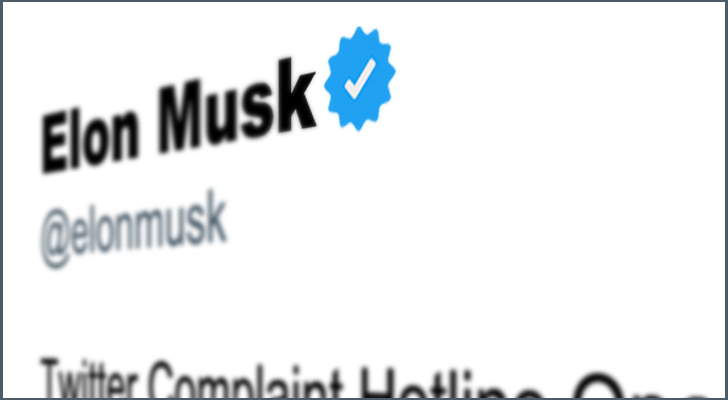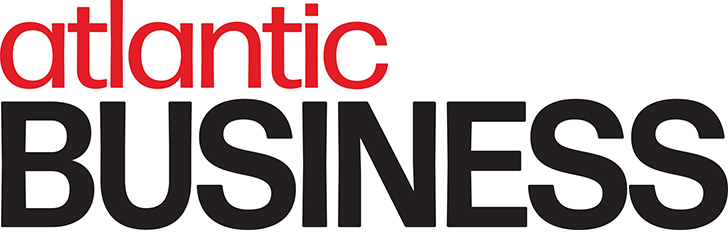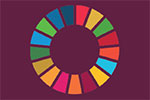
Dear ABMInsider,
I’m guessing you’ve heard about the new owner of Twitter and his plan to charge users for the privilege of having a Blue Check next to their name?
It used to be that folks applied for the mark, which verified the identity of the person behind the handle. It was the difference between a real celebrity and a fan account.
For journalists, they had to prove who they were via samples of published works for news outlets that in turn had applied for and received verification that they were bona fide media outlets.
Now, of course, anyone can buy that Blue status for the low, low price of $8 a month.
The widespread verification will “democratize journalism & empower the voice of the people,” tweeted the Supreme Muskness in defense of his decision.
Not surprisingly, a number of verified media personalities were/are outraged at a move that inherently devalues everything they stand for. Global News reporter @atRachelGilmore clapped back with: “Making every single persona a verifiable source of reliable information is a really great way of poisoning the well. This won’t democratize journalism. It’ll silence it. Bad actors will drown out reliable sources.”
She’s not entirely wrong.

Bad actors can and will drown out reliable sources, just as they always have. A study by three MIT scholars found that when it comes to Twitter, lies travel farther and faster than truth — and that people, not bots, are to blame.
Have you ever noticed a juicy story working its way through a room full of people? The story invariably gets further and further from the truth with each retelling. It works the same way on Twitter, only worse. Much, much worse.
In the MIT study referenced above, researchers found that false news is 70 per cent more likely to be retweeted than truth. They also found that it takes six times as long for a true story to reach 1,500 people as it does for false stories. “When it comes to Twitter’s ‘cascades,’ or unbroken retweet chains, falsehoods reach a cascade depth of 10 about 20 times faster than facts. And falsehoods are retweeted by unique users more broadly than true statements at every depth of cascade.”
This is where the value of true journalism comes in. A journalist’s literal job description is to uncover and disseminate truth. But, let’s face it. No one’s perfect and even the most professional verified journalists occasionally make mistakes. And don’t get me started on verified celebrities and their role in spreading untruths.
The confusion, I think, is over what’s verified.
Twitter’s Blue Check mark doesn’t verify the veracity of the information being shared. The only thing it does is provide a level of assurance that this profile is who they say they are. Read that again.
That being the case, when the heck did we buy into the faux premise that a social media platform is somehow an arbiter of truth?
Ultimately, the onus is on each and every one of us to be critical consumers of information. Yes, there are media outlets I inherently trust more than others because of their legacy and reputation. But that doesn’t mean I automatically believe everything they have to say. It’s up to me — to all of us — to be critical news consumers.
Something else that’s important to note: many unverified news outlets are valuable sources of trustworthy journalistic information. When Hurricane Fiona tore through the West Coast of Newfoundland, it was a small, previously-unknown-to-me local media outlet that shared that devastation with the world, thereby providing an invaluable service for concerned families, emergency responders and government services. Wreckhouse Press did an amazing job covering the story, to the extent that at least one of their photos was picked up by Reuters. And they did it all without the supposed benefit of a Blue Check on their Twitter account.
You know what? I don’t have a Blue Check mark either. And frankly, dear reader, I don’t give a damn.
 |
Dawn Chafe Executive editor & co-owner [email protected] |


